After China's Shenzhou-18 crew smoothly delivered their first spacewalk in early July, the three taikonauts recently conducted a series of examination and maintenance works on the Tiangong space station, as well as a full-system emergency drill in case of internal pressure loss in the space station due to potential space debris impact, China Central Television (CCTV) reported Sunday.
In coordination with ground control teams, the crew carried out an emergency response exercise, which began with a simulated space station pressure loss alarm, where taikonauts checked the alarm status, made judgments and located the leak positions. Meanwhile, the ground team cooperated seamlessly with the crew to seal the leak in orbit, successfully completing the drill, according to CCTV.
Before the drill started, the Shenzhou-18 crew completed equipment confirmation tests, item preparation, manual study and other preparatory tasks, the CCTV report said.
Generally speaking, space debris impact can be divided into two scenarios. One is very small particle-like debris that would only cause minor damage which could potentially threaten some external equipment; the other is the impact of larger debris with sizes of about five millimeters or centimeter-level, which could potentially penetrate the hull, which could even cause severe breaches in the structure, Wang Ya'nan, chief editor of Beijing-based Aerospace Knowledge magazine, told the Global Times on Sunday.
Overall, Tiangong being hit by space debris is a possibility, but unlikely. However, as the Chinese space station now reaches a relatively large scale with its basic construction completed, it must take precautions, Wang said.
In the event of such a scenario, China's top priority is ensuring the safety of its taikonauts.
Therefore, emergency drills will first need taikonauts to assess the extent of the damage to the space station's compartments, utilizing data from sensors to identify areas with potential leak, Wang noted.
If the damage is minor, they can ensure the safety of other compartments by closing off depressurized sections. And in urgent scenarios, the taikonauts will have to conduct an emergency evacuation, including moving to safe compartments or to the docked manned spacecraft for temporary shielding, or even making an emergency return, Wang said.
Space observers told the Global Times that they are fully confident that China can handle such scenarios.
"The space station is like a balloon, with pressure inside high but the external environment is close to a vacuum. However, unlike a balloon, the structure of space station is very sturdy. During the construction stage, Chinese researchers have fully taken into consideration the event of external impacts," Wang said.
Additionally, China is not passively defending against these threats. Through international data sharing, as well as ground-to-space observations, we are closely monitoring the trajectories of large debris, allowing us to predict their movements in advance. If they approach the space station, the station can adjust its orbit to avoid a collision, Wang noted.
The Global Times learned from Lin Xiqiang, spokesperson of the China Manned Space Agency, in April prior to the launch of Shenzhou-18, that the prevention and damage repair of space debris impact will be a key task during their stay.
"With human space activities rapidly increasing in recent years, the problem of space debris has become more prominent," Lin said. He noted that they had previously discovered that some of the solar panel cables on Tiangong were damaged by space debris impacts, leading to a partial loss of power supply.
Building on the existing space debris protection mechanism at the station, the Shenzhou-18 crew will install debris protection reinforcement devices on external pipelines, cables and key equipment during their extravehicular activities. They will also conduct external inspections as needed to further ensure the safety of the space station.
Apart from the emergency drill, the Shenzhou-18 crew has also recently conducted a study on emotion recognition and evaluation in orbit, using testing software to fill out questionnaires on "mood status," complete color preference tests and emotional image tests.
Based on the results, ground researchers will explore the changing patterns of the emotional states of the taikonauts during manned spaceflight missions and study the effects of medium to long-term flights.








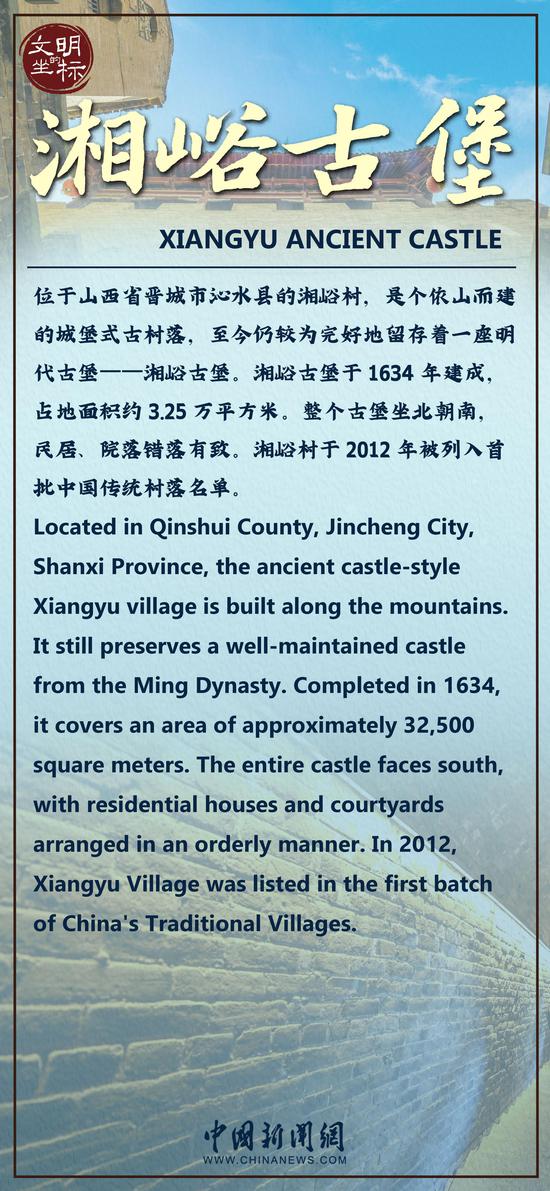


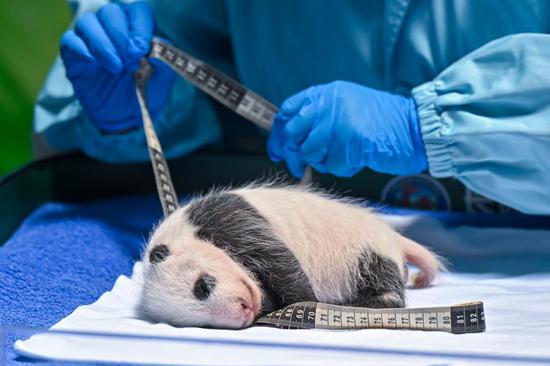

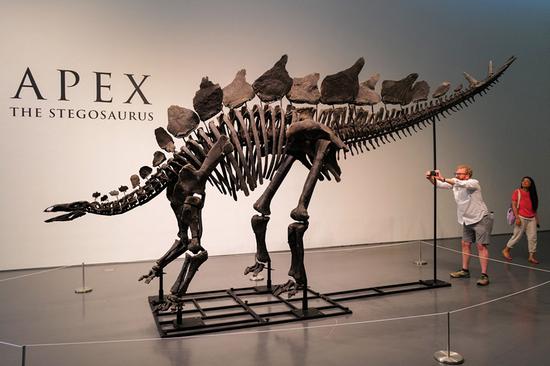
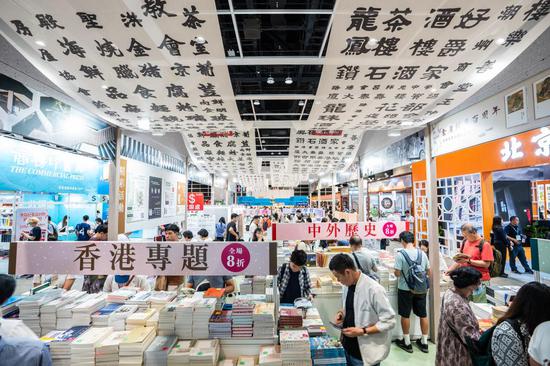
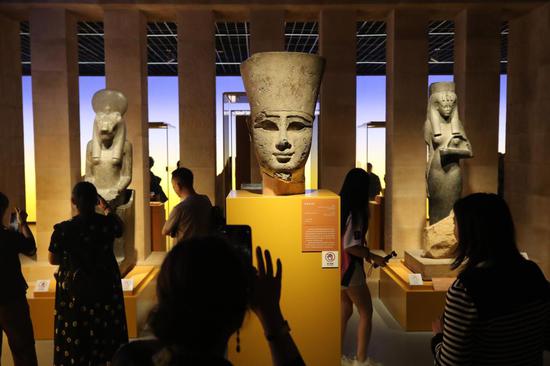
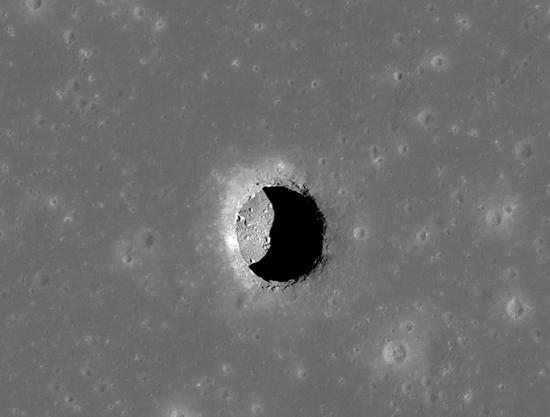
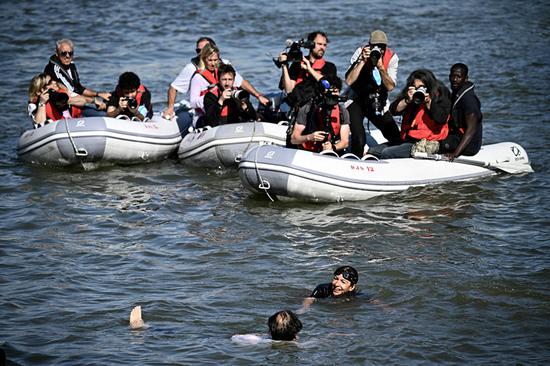
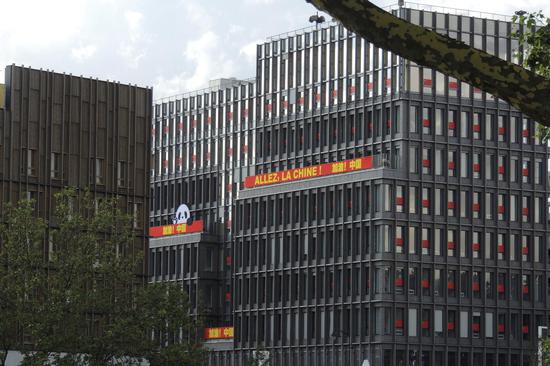





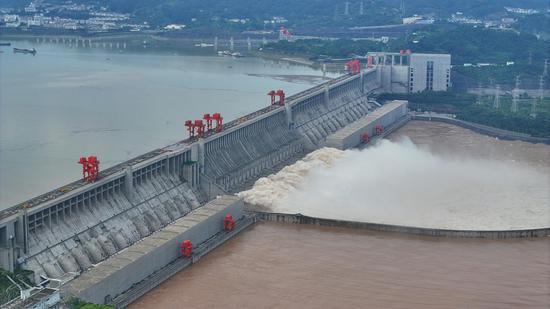
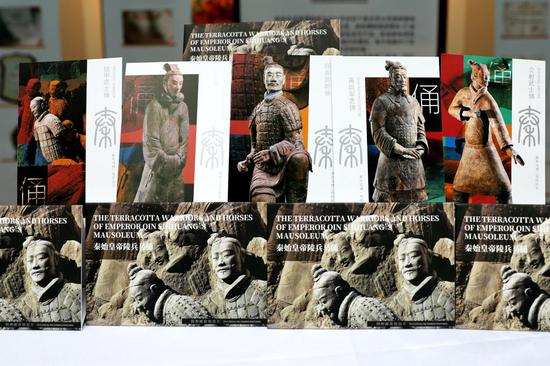

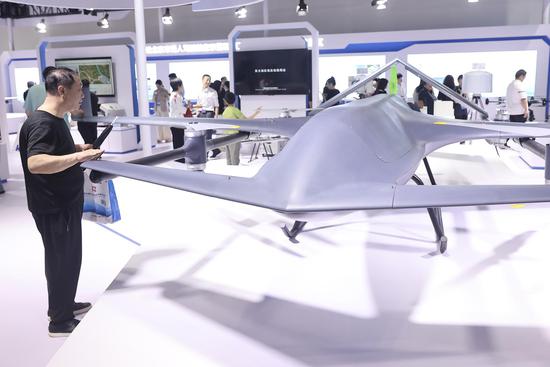
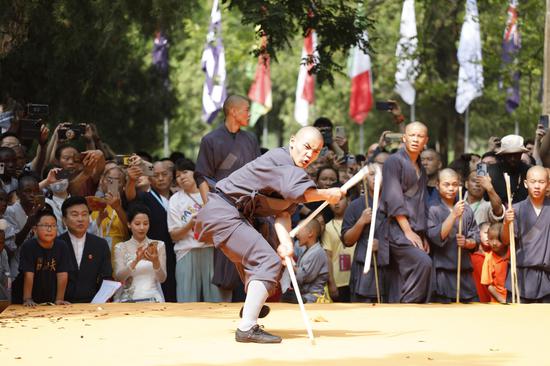
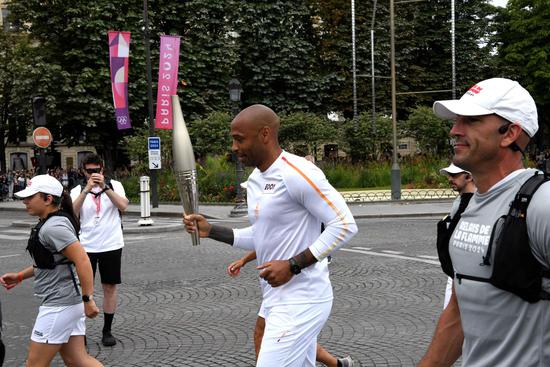

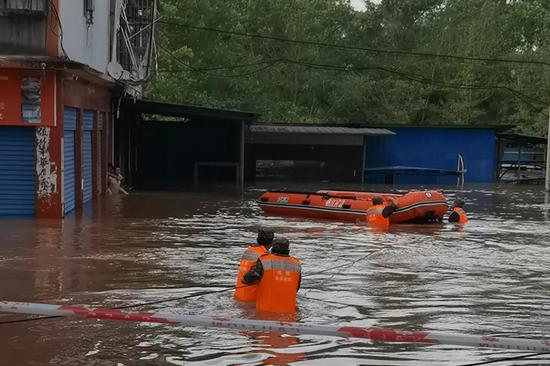
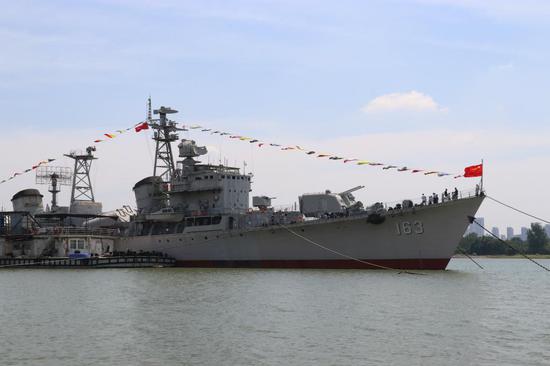
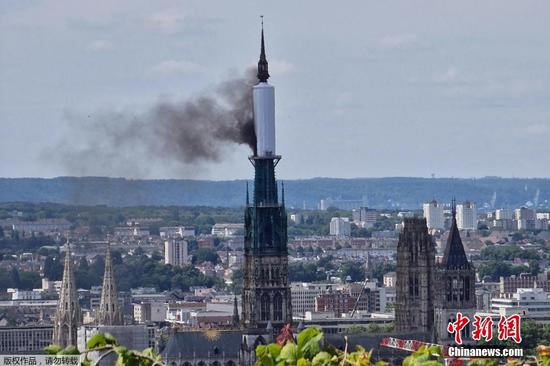


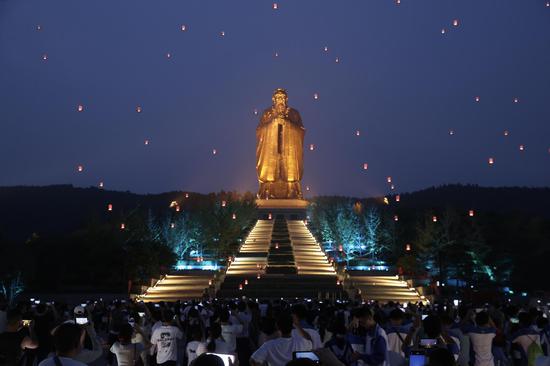
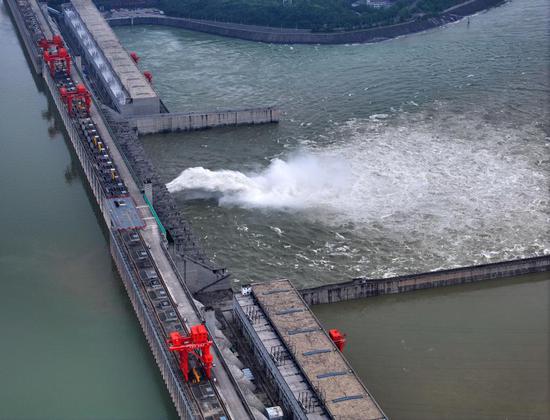
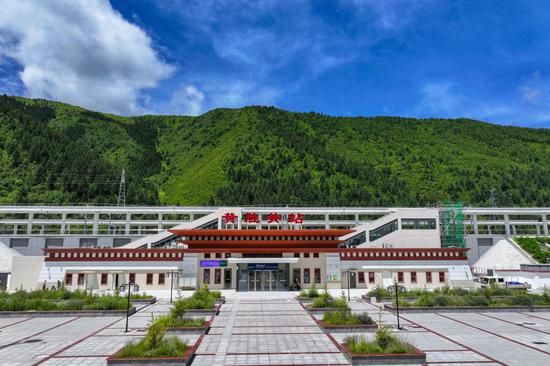
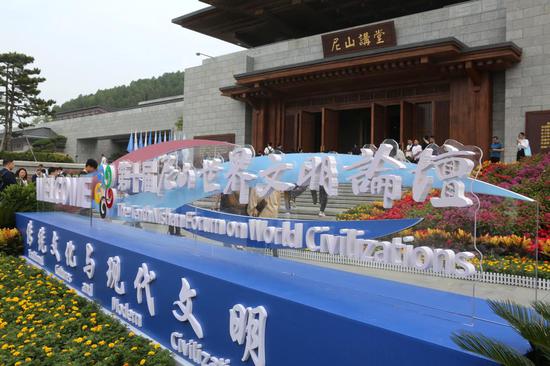


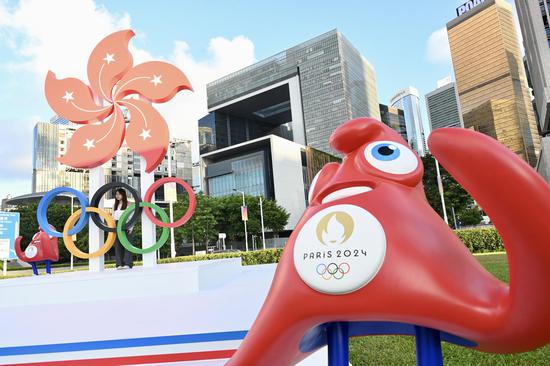
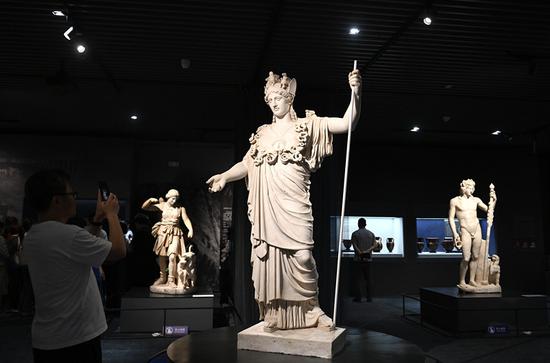






 京公網安備 11010202009201號
京公網安備 11010202009201號